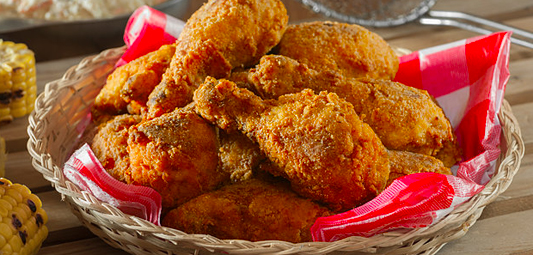For some reason we all seem to be scared of fat. Even the smartest of us are still buying the 99% fat free products thinking we’re doing the right thing. Yet society is getting more and more increasingly overweight as we progress into a new era. I think that with food there is never going to be one side to the story.
What people don’t realise is that you only get fat, if you eat an excess of calories, not just from eating fat. Truthfully though, the body has a far easier time of converting excess fat from diet into stored body fat. Protein and carbohydrate on the other hand takes far more calories to convert to stored body fat. This would make sense then, to reduce your dietary fat intake.
A high level of dietary fat in your lifestyle can lead to longer term health issues including heart disease, high blood pressure and diabetes. It is now known though that the type of fat is just as important as the amount that you eat of it.
To stay healthy we all need some fat. Fat is a carrier of fat soluble vitamins like vitamin A, D, E and K, and also forms a major part of cell membranes and hormones, helps to cushion our internal organs and is essential for mineral absorption along with many other functions.
The trick is eating the right fats and making sure that your fat intake is in proportion to your total energy intake for the day. Recommendations are that you eat around 40g of fat per day, trying to get this fat from unsaturated sources rather than your saturated, hydrogenated and trans fat sources which are all derived from animal sources, (margarines, dressings, processed foods).
Unsaturated foods are important because they contain the essential fatty acid’s (EFA’s) called Omega 3 and Omega 6. Try to make a special effort at increasing the Omega 3’s in your diet.
- Great sources of Omega 3’s are seeds (particularly flaxseed and hemp seed), dark green leafy veggies, cold pressed canola oil, salmon, nuts, avocado, tuna and sardines.
- Great sources of Omega 6 are nuts, seeds, olive oil, evening primrose oil and other vegetable oils.
- Try replacing your normal oily snack foods such as potato chips and corn chips with raw nuts and seeds.
- Instead of cooking with butter or highly refined cooking oils, try cooking with top quality olive oil and avocado oil. And even better use spray oil so that you are not using as much as you would if you were pouring your oil in.
By following some of these nutritional tips, you will be well on your way to reaching your weight loss target, and creating a healthier mind and body.





Leave A Comment